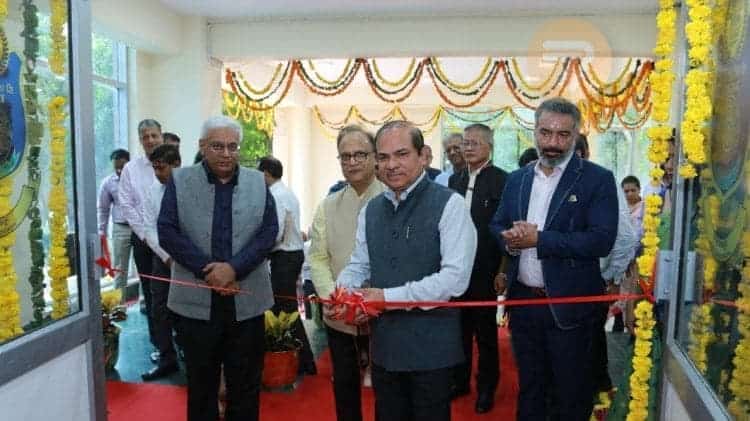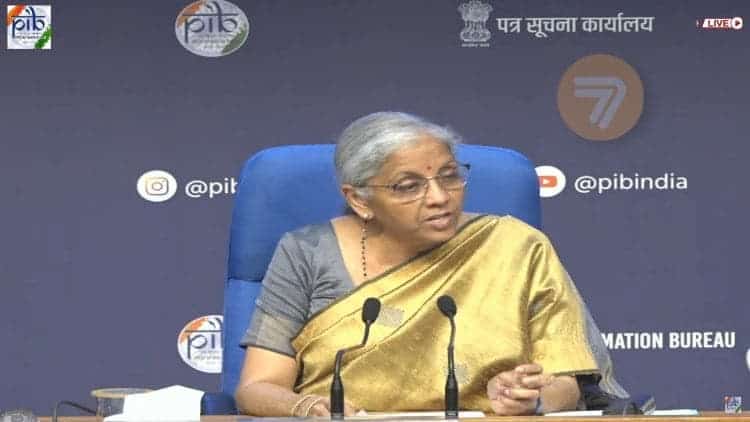2024 Did Not Relieve the Indian Online Gaming Industry
31 Dec 2024
The New Year Will Start with an Escalation of the Retro GST Crisis
In just a few hours, 2024 will pass into history without bringing relief to India’s hopeful online gaming industry. Firstly, there has been no easing of the current tax situation. What’s more, the retrospective GST crisis is still far from being resolved.
Theoretically, the upcoming 2025 might well be the year that puts the sector back on the track of immense growth and investments. In practice, that is yet to be seen.
What is known, however, is that the statute of limitations for claims concerning the Fiscal Year 2017-18 will expire at the beginning of 2025. This “little” technical fact is set to escalate the ongoing crisis before any other development may have time to unfold.
The issue involves at least 71 Show Cause Notices (SCNs) alleging the tax evasion of ₹1,12,332 crore. The SCNs have been issued against multiple homegrown gaming businesses.
The affected names include India’s online gaming unicorns like Dream11 and smaller companies. Delta Corp, the country’s sole public operator of roulette, blackjack, and other games of chance, also got a few SCNs.
GST legislation amendments “clarifying” that all forms of gaming with money, including casinos, horse races, lotteries, and online gaming, owe 28% GST on full ticket value came into force on the 1st of October, 2023.
Nevertheless, the Directorate General of GST Intelligence (DGGI) has been maintaining a different stance. According to India’s apex indirect tax enforcement authority, full-consideration GST at 28% has been valid since the 1st of July 2017.
Public Servants Are Bound to Act Before 5 February
The dispute has reached the Supreme Court, and adjudication is pending. The litigation has batched together all similar cases in the Apex and High Courts, streamlining the process.
Still, the case resolution is not expected within the next few weeks. At the same time, the SCNs concerning FY 2017-18 will expire on the 5th of February 2025.
This is unless DGGI officers issue final demands on top of the show cause notices about to lose validity. As per reports, several businesses have already received the documents.
All such final demands might be expected to be served by the 5 February deadline. Regardless of any prognosis on the litigation’s outcome, it is hard to foresee a public servant willingly letting an SCN expire. Especially concerning the egregious amounts involved.
Why Final Tax Demands Are a Problem
When a final demand is received, a company has two basic options. Pay or challenge the required amount before the competent appellate authority or court.
However, the company must deposit 10% of the disputed amount to file an appeal. As many of the SCNs are for sums several times larger than the company’s market cap or turnovers, making the deposit will be difficult for many, to say the least.
Eventual enforcement measures such as bank account freezes can also be detrimental to an ongoing business. Such a development can not only stifle a company but can endanger its very survival.
The Supreme Court can block the escalation of the crisis by issuing an interim stay on any enforcement action by the DGGI. However, the bench presided over by the Chief Justice of India, Dhananjaya Y. Chandrachud, has refused to issue such orders so far despite the numerous pleas by the industry.
Reportedly, industry bodies are preparing a petition to DGGI’s umbrella authority, the Central Board of Indirect Taxes and Customs (CBIC). The industry will plea for protection for their business activities while the SC hears the case.
As we wrote earlier, the validity of the issued SCNs might be problematic in some cases. Court practice has shown that the DGGI’s habit of grouping multiple assessment years under a single SCN is not sustainable.
Different years often have varied legal and tax requirements, and expiry deadlines also come at different times. Court practice has shown that batching them together does not cancel the lapsing of a statute of limitations.
“No Mention At All” At the 55th GST Council Meet
The end of 2024 saw another GST Council Meeting go by without even touching the subject of money gaming taxation. The 55th convention of the apex GST policy body was held on the 21st of December 2024 in Jaisalmer, Rajasthan.
“No, no mention of gaming,” was the short answer of Union Finance Minister Nirmala Sitharaman to a reporter’s question after the Meet.
The long-awaited review of the 28% full bet value regime has not yet happened. At the previous 54th GST Council Meeting in September, FM Sitharaman didn’t rule out such a review for the future. We will see whether 2025 will bring some positive news on the matter.
Still, the 55th Meet did bring a policy decision related to online gaming. It concerns suppliers of OIDAR (Online Information Database Access and Retrieval) services, including gaming operators.
They will have to record the State of a customer as their address in the cases where the customer has not retired an address. The record of the State will serve as the service recipient’s address for the purposes of Section 12(2)(b) of the IGST Act and CGST Rule 46(f).



